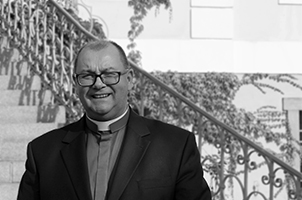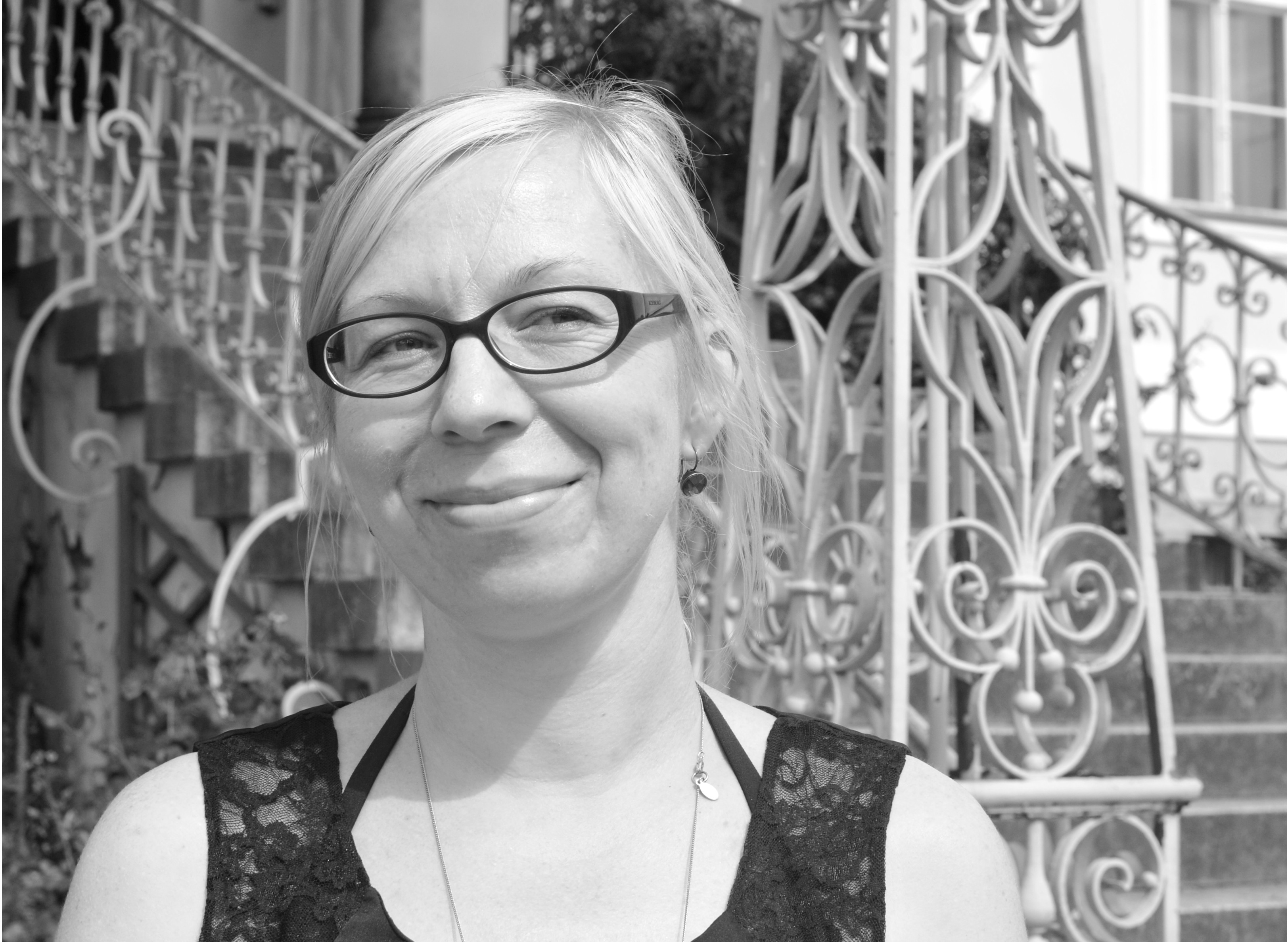
We have become participants and witnesses of an extraordinary experience. The global epidemic not only stopped us on the run and excluded from our daily activities, but also forced us to reflect and perhaps redefine our priorities.
It's understandable that we are afraid, especially of losing our health and work. The virus of fear is spreading faster than the coronavirus, fuelled by successive media news and uncertainty, which does not allow us to determine anything in the long term. We do not know how long the epidemic will last, it is hard to even imagine its effects. Thinking about them, it causes fear, sometimes anger and even aggression. All the more so, we should be sensitive to such states, we should notice them and stop them before they gain momentum. The worst is uncertainty - how long will it take?
Read more: How to prevent fears and the atomisation of society during a pandemic | Bishop Waldemar Pytel

Schools in Germany, as well as in Poland, have switched to the distance learning. Students receive sets of tasks to solve them at home, sometimes communication with teachers is supported by chat or video conferences.
The isolation order has enormous consequences not only for the operation of the schools but also for school exchange projects. International meetings are canceled, students and teachers must stay at home. This is obviously a huge loss for everyone who was eagerly awaiting meeting young people from other countries. Certainly some meetings will be postponed, others may never take place.
Read more: Will the pandemic change the school youth exchange in Germany? | Joanna Szaflik-Homann

There is still no protective umbrella for non-formal education in Germany. Hopefully, this situation at the beginning of April 2020 is only a temporary one. Support is urgently needed so that the spectrum of educational institutions, associations, foundations and initiatives that have developed over decades can be preserved. The German civic education system (and related fields of work) is based on pluralism, independence and subsidiarity. It is therefore an essential source of democratic culture and civil society involvement, which we will urgently need after the crisis.
Unfortunately, the situation in our case sounds too familiar: Due to the coronavirus threat, all companies stopped providing services in March or adapted them to the current reality - for the sake of health protection and for the sake of solidarity with people who are particularly vulnerable to the virus. According to current information, educational institutions will be closed by the end of April. However, it is already clear that many projects will not take place long after this period and groups will still cancel their bookings.
Read more: Non-formal education in Germany still without a protective umbrella | Ole Jantschek

The COVID-19 pandemic, despite being a relatively new phenomenon, will certainly change the world. We see the beginning of the global economic crisis and the accompanying political and social changes. All this will also change the situation of NGOs and the activities they are offering.
The changes in the activities of non-governmental organisations in Poland became very noticeable already in the first days of restrictions related to preventing the spread of the virus. Many, especially local organizations, started to organize aid groups. They joined initiatives such as "Widzialna ręka" (Visible Hand) - facebook groups containing offers and requests for help in everyday matters, such as shopping or walking with a dog. Other organisations have started actions related to sewing face masks for hospitals and groups at higher risk. It is also visible that the networks of organisations are sharing their potential and working together in the face of the crisis, including sharing their resources and taking coordinated, larger scale actions.
Read more: What does the pandemic mean for non-formal education and NGOs in Poland? | Agnieszka Janik








